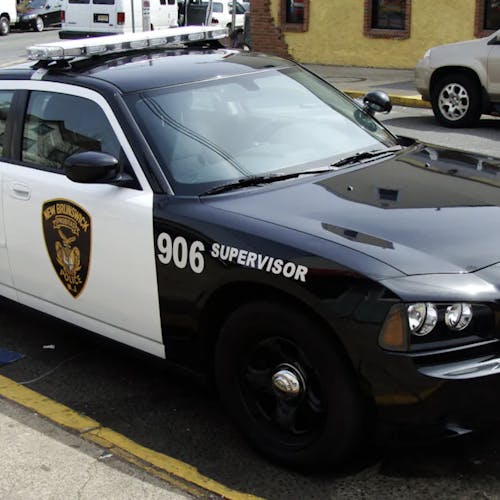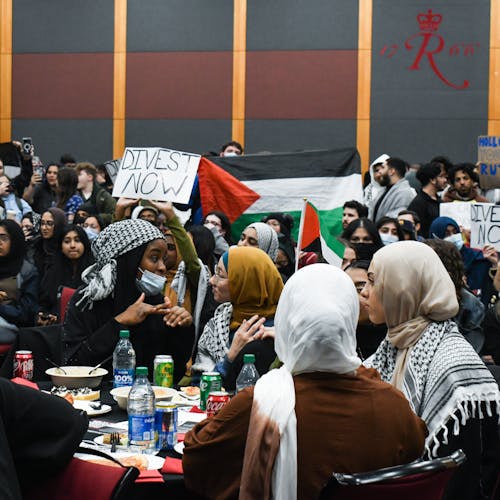Rutgers students prepare for prestigious Hult Prize competition

Determined to make a difference, Eman Elgouz decided to help educate young children in the poorest areas of the world.
Inspired by a service trip to Mexico where she noticed a lack of resources two years ago, Elgouz, a Rutgers Business School first-year student, partnered up with Moazam Ismail, a Rutgers Business School sophomore, and Madani Sheikh, a Rutgers-Newark first-year student, to create a change.
Elgouz, Ismail and Sheikh applied to the Hult Prize competition, a prestigious event for young entrepreneurs to create innovative social enterprises in an attempt to solve the world’s largest problems and create social change.
Elgouz's team was then selected out of 20,000 other applicants to compete among five other contenders.
In September, the trio will travel to the regional competition in Boston to fulfill their social innovation vision of wanting to educate 10 million children between birth to six years old in urban slums by the year 2020, while providing outlets for children around the world to flourish and succeed.
In Boston, the team will present a business plan at the upcoming regional finals and explain their idea of a for-profit company that will establish schools in the poorest neighborhoods of the world.
The winner of the regional competition will receive $1 million dollars and an opportunity to work with members of the Clinton Foundation and professional business mentors to create a business plan before finals, according to the foundation's website.
“My group members and I have been putting hours upon hours of work into (this) project, and we are confident in our work,” Elgouz said. “This is a way to be proactive and really make a difference while still in my college years.”
To prepare a proposal, Elgouz and her partners reached out to Jeffrey Robinson, an associate professor in the Departments of Management and Global Business, for advice and mentoring along with an expert at entrepreneurship, who uses entrepreneurial skills and organizations to solve social problems and environmental challenges.
Robinson gave the team advice over how to describe their idea along four areas: social impact, social innovation, financial sustainability and measurement of impact. He believes that the team's project is a viable way to end the cycle of poverty in families.
“Eman's team has done some excellent work developing the business model for social and educational impact," he said. "They are working on their plan and a presentation that will be evaluated by a panel of judges,” he said.
With over 10,000 ambitious international applicants, only 300 start-ups are selected to move on to regionals.
Elgouz and her Rutgers University team are preparing to win and make their mark on the world.
"We are ready to go as far as we can," Sheikh said.



